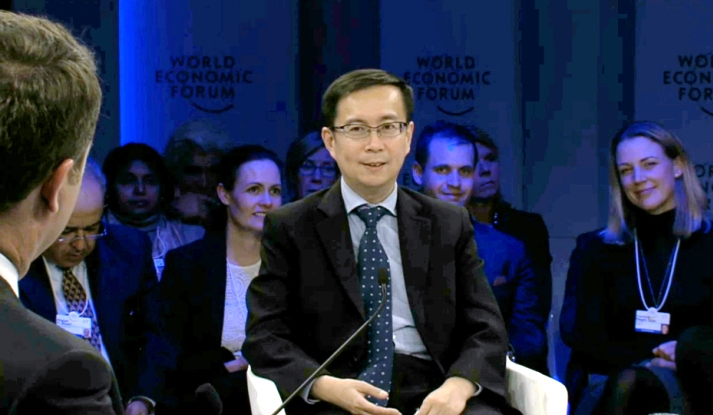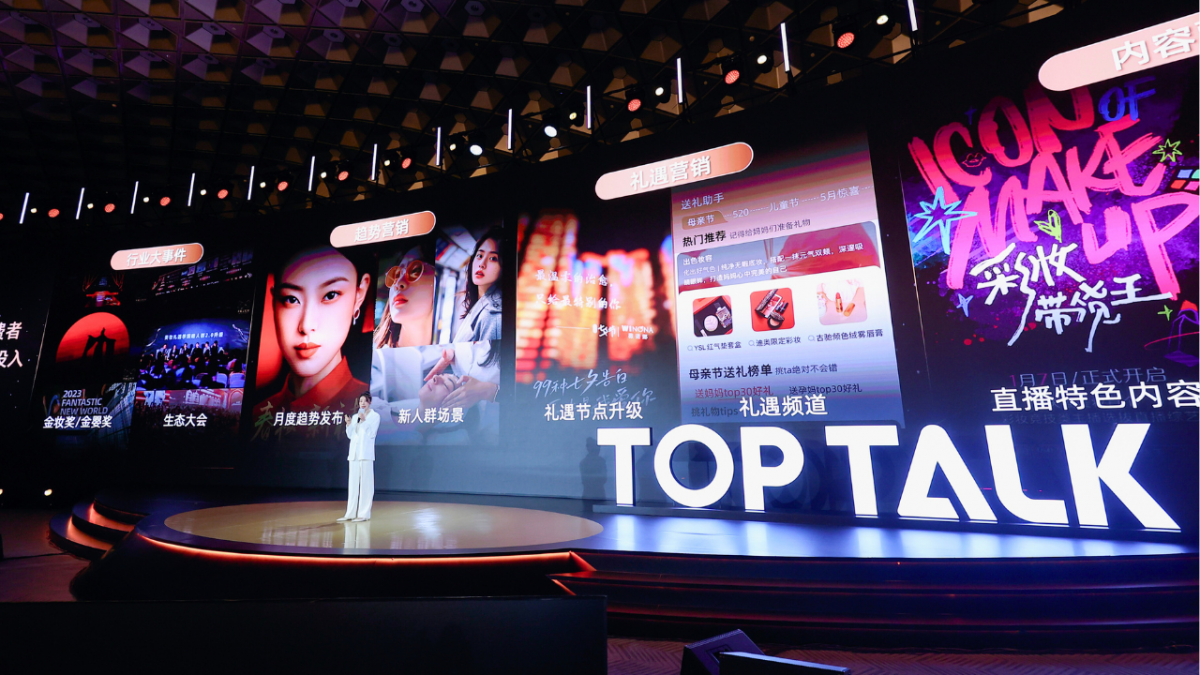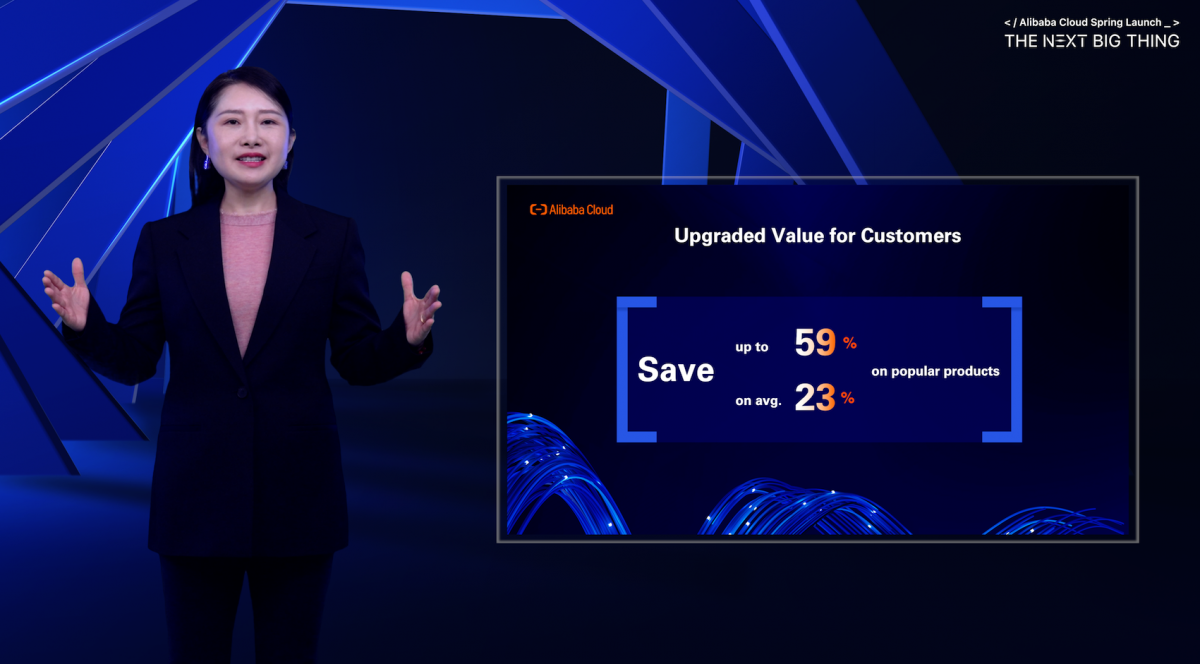
Digital technology is drastically changing the way consumers shop for goods and services, and traditional retailers worldwide need to adapt by accelerating the integration of bricks-and-mortarwith e-commerce to create new shopping experiences, Alibaba Group CEO Daniel Zhang told business elites at the World Economic Forum annual meeting in Davos, Switzerland.
“Today, we always say we cannot separate online and offline,” Zhang said. While consumers still “love to go to the mall for the experience,” the ubiquity of smartphones means “today when they go there, at the same time they are also online” he said.”So it’s about making the experience better” by finding innovative ways tocombine physical shoppingwith mobile technologies.
One way to do this, Zhang said, is to implement indoor and in-store navigation. “In China shopping malls are very big. People get lost and cannot easily find the store, or their cars in the car parks. So how (do we) use technology to give people a better experience, a seamless experience between online and offline? And how can we give people a totally different experience, say you want to buy a beverage? One possibility is to order and have it delivered to your home, but why not order and have it delivered to your next stop?”
Zhang was participating in a Jan. 17 panel discussion on the future of consumption at the World Economic Forum meeting. Alibaba Group Executive Chairman Jack Ma and Eric Jing, CEO of Alibaba-affiliated fintech company Ant Financial, are also scheduled to appear at the annual Davos confab, which draws business leaders, celebrities and political heavyweights from around the world.
During the future of consumption discussion, which included Wal-Mart CEO Doug McMillon and Heineken CEO Jean-Francois Boxmeer, panelists agreed that the consumer experience—and consumer products companies—will be reshaped during the “Fourth Industrial Revolution,” which is being driven by technological advances in fields such as artificial intelligence (AI), robotics, the Internet of Things (IoT), autonomous vehicles and 3D printing.
“People will still go to the pub, and still go to the shop,” Boxmeer said, “but technology will revolutionize manufacturing in many, many ways. The digitalization of the economy has really changed how we work, and what we do today is absolutely not the way we did it 30 years ago ‚Ķ although we still bring you a bottle of beer.”
Helping to drivethis revolution, Zhang said, is the increasing abilityof companies to gather and, using AI and other technologies, analyze vast amounts of data to better understand, connect with and serve customers.
“Data technology today is so far mainly on the sell side” in digital marketing,” he said. “Looking ahead, the technology will change more on the supply side, because we can get real-time customer and sales data so manufacturers can react to specific demand at the right occasions. We talk about the Fourth Industrial Revolution, the IoT (Internet of Things), all of these things are based on data. As long as we have the data, we can change the entire business.”
Alibaba Group, the world’s largest e-commerce company, is already positioning itself not as an e-commerce platform “but as a data platform,” Zhang said. But even as the company urges retailers that sell in China through the company’s giant online marketplaces to join the Big Data revolution, Alibaba itself feels the pressure to adapt. Earlier this month, Alibaba Group offered toprivatize Intime Retail, atop China department store and mall operator, a move the company said will help pave the way for the digital transformation of old-school retailing.
“The biggest risk we have today for our sustainability is disruption, disruptive technology and disruptive business model,” Zhang said.
A few years ago, the company was surprised by how fast smartphones and the mobile internet proliferated in China. “We invested a lot to construct our leading mobile commerce app,” Zhang said. “Today we are very proud to say we are the largest mobile commerce company in the world. But if you look back, the process was very tough, if we could not change fast, then we would be killed by this new technology.
“So today, I always ask my team one question: whats the next entry point of the internet?” Zhang said. “You can have a lot of answers but we have to change fast. If we don’t want to be killed by new technology, then we should kill ourselves using new technology.”
Check out the video to watch the WEF panel on the future of consumption:




